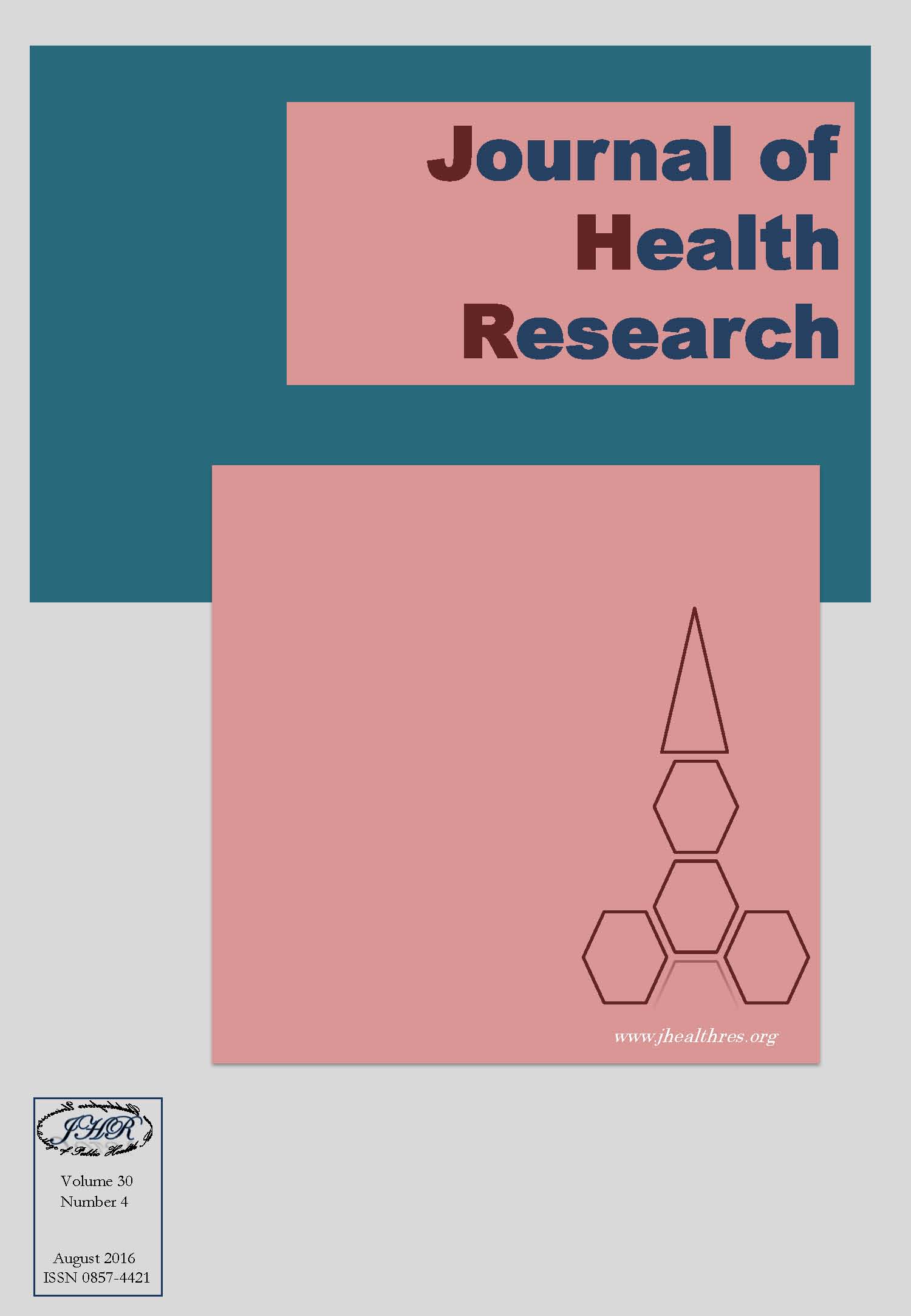Applying logotherapy to enhance the wellness of young delinquents with drug abuse
Abstract
Background: Logotherapy, a meaning-centered psychotherapy, has been shown to be effective in improving meaning in life and quality of life of young people, as well as to help minimize existential distress in adolescents. This quasi-experimental study aimed to examine improvement of wellness in youths with behavioral and adjustment problems.
Methods: Participants were 180 delinquent youths aged 18-22 years with drug abuse at juvenile observation and protection centers in Southern Thailand. Instruments were the Wellness Scale and eight 90-minute sessions of logotherapy group for enhancing youth wellness. In the experimental groups, a researcher provided logotherapy sessions weekly for 8 consecutive weeks. At the same time, the control groups did routine activities of the centers. Participants completed the Wellness Scale on week 1(pretest), week 4 (between treatment), week 8 (posttest) and week 12 (one-month follow up). MANCOVA with repeated measure was used to analyze the data.
Results: The finding showed that the wellness scores of the juvenile delinquents with drug use on week 2, week 4, and week 8 after receiving logotherapy were significantly higher than those at the baseline. The significant differences between the posttest wellness scores of the experimental and control groups after adjusting the pretest scores were found.
Conclusions: Logotherapy intervention appears to be a promising method for enhancing wellness juvenile delinquents with drug use. Further research is needed to document its efficacy and to quantify intervention costs.







